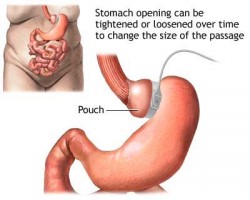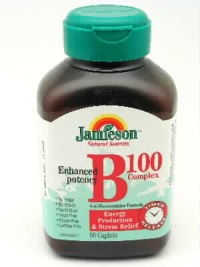The scientists ran several experiments on mice that yielded promising findings. First, they found that mice that drank water with the artificial sweeteners saccharin, aspartame, and sucralose developed glucose intolerance. Glucose intolerance is often a precursor to larger illnesses, such as type 2 diabetes or metabolic syndrome.
Unsurprisingly, a group of mice fed just plain water didn't develop glucose intolerance, but neither did a group of mice fed water with regular sugar—strange, considering that high-sugar diets are at the root of many cases of type 2 diabetes.
Next, the researchers manipulated the mice's gut bacteria composition to determine the effects of artificial sugars on glucose intolerance. They found that if they killed off most of the bacteria in the mice's digestive tracts in the group given artificial sweeteners, the glucose intolerance went away.
The researchers also began translating their findings to humans. Analyzing the data from the Personalized Nutrition Project, they found a significant correlation between reported consumption of artificial sweeteners, gut bacteria configurations, and an inclination to developing glucose intolerance.
Finally, they conducted a small trial measuring the gut bacteria of healthy individuals. After only a week of consuming artificial sweeteners, the participants started showing glucose intolerance, and gut bacteria composition had changed.
"Our relationship with our own individual mix of gut bacteria is a huge factor in determining how the food we eat affects us," says Eran Elinav, MD, of the Weizmann Institute of Science's department of immunology. "Especially intriguing is the link between use of artificial sweeteners—through the bacteria in our guts—to a tendency to develop the very disorders they were designed to prevent; this calls for reassessment of today's massive, unsupervised consumption of these substances."
These findings may not be that surprising in the end, given that an unhealthy gut is at the root of all sorts of issues, ranging from colds to cravings.
Gerard Mullin, MD, author of the book The Good Gut Diet, knows that a happy gut is the key to metabolic health. "It's now well accepted that friendly species of bacteria modulate processes like insulin resistance and inflammation that lead to weight gain," he explains. "In obese people, the administration of lactobacillus has been shown to decrease fat mass and the risk of type 2 diabetes."
Be careful where you get your cultures from, however, warns Dr. Mullin. Turning to store-bought yogurt might be counterproductive. "Many so-called 'all-natural yogurts' are loaded with aspartame and other artificial sweeteners that have been associated with weight gain and other health problems," he says. "All the sugar and artificial sweetener poured into most modern yogurt likely undo any health benefits brought about by the powerful probiotics it contains."
Instead, try making your own yogurt or looking for organic, plain yogurt with no added sugars in the grocery store. If you need a bit of a sweet kick, Dr. Mullin suggests sweetening it with stevia, evaporated cane juice, maple syrup, or, best of all, fruit.
This article originally ran on RodaleNews.com.




